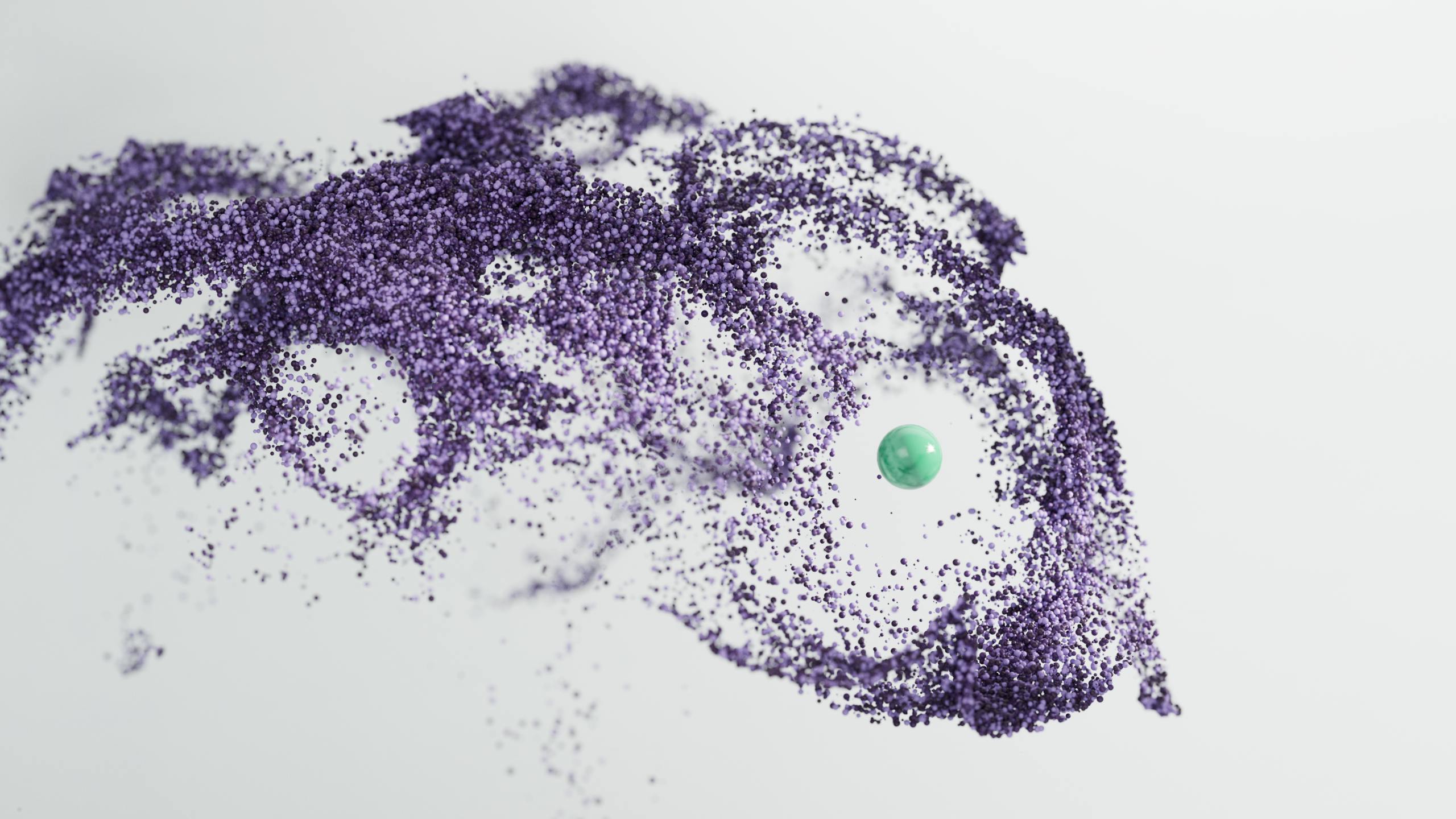By Sabrina Aggarwal, MPH, Senior Vice President
May is Asian Pacific American Heritage Month (APAHM) which has me thinking about my role as an Asian American working in public relations (PR) and communications. When I first entered the PR industry, I was surprised I was one of very few Asian women in a predominantly white male industry. But, when I dug deep, I realized I shouldn’t be all that surprised.
Many Asians, whether born in or outside of Asia, are bred to be doctors, nurses, lawyers, teachers, and other ‘well-known’ and ‘respected’ professions. That’s how we make our parents and our culture proud. If one ventures outside of these professions, it can be deemed ‘disrespectful’ or ‘confusing’. Case in point: when I first entered the field of public health nearly two decades ago, my parents told people I worked in ‘medicine’ and repeatedly asked me why I wasn’t a doctor. I had failed them. When I entered the field of healthcare communications, I confused them even more.
So, it’s not surprising that so few Asians are in the PR or communications industry. In 2017, according to the Bureau of Labor Statistics (BLS), Asians accounted for only 2% of the PR industry. Five years later, according to the BLS, Asians now make up 5% – a more than 100% increase. This is tremendous progress, but there is room for growth.
When I saw that Employee Resource Groups (ERGs) existed at communications agencies for diverse groups, such as Blacks/Africans, LGBTQIA+ and others – I was happy there was progress in the field to increase diversity, but also thought there existed a profound gap for my own cultural heritage – thus recognized an opportunity. I’m proud to have now helped start Asian ERGs at three large communications agencies, with my current agency, Evoke Kyne, being the latest. I’m proud to be partnering with Kayla Escobar, MA as co-chair and many others across the Evoke network. Our #1 goal is to recruit Asians into communications and PR and continue to see that BLS statistic increase. Our #2 goal is to raise awareness and understanding of the vast diversity and richness of the Asian sub-continent. As an Indian American myself, I am proud to be both Indian and American – and want to share my cultural heritage with others.
There are three reasons why I believe having more Asian representation in healthcare communications is imperative to organizations’ ability to be successful and ultimately their bottom lines:
The diseases in which we work disproportionately affect Asians – e.g., certain cancers, diabetes, and hepatitis, to name a few. To be adept communications professionals, we must be able to reach and engage with the audiences for whose behaviors we seek to change. This often means having a cultural and nuanced understanding of our primary audiences. This can help with more impactful health campaigns, and client satisfaction.
Following COVID-19, Asian hate crimes are on the rise – much of which was and is due to misinformation. As health PR professionals, we have an obligation to disseminate accurate health information and help debunk myths that may put certain populations at risk. From an internal perspective, if Asians have a sense of community at work, for example through an ERG, they may be able to find and share resources that help them stay and feel safe, which can also support employee retention.
Different perspectives can bring innovation and creativity – as with anything, with more diverse teams, come greater and expanded perspectives, and ultimately stronger and more innovative ideas and programs. This is always important for an organization’s bottom line.
In the past five years alone, we have not only witnessed progress in increasing Asian representation in PR – but across a wide array of industries. APAHM recognizes the contributions and influences of Asian Americans and Pacific Islander Americans to the history and culture of the United States. For this, I am immensely proud of how far Asians have come to be represented and appreciated in the U.S. Two idols of mine come to mind: Michelle Yeoh, who famously starred in Crazy Rich Asians and more recently won an Oscar for Everything Everywhere All at Once; and perhaps less well known, Sam Park, the first openly gay Asian man to be elected to the House of Representatives from the state of Georgia. Both Michelle and Sam represent Asians who disrupted their own status quo to rise in fields, film and politics respectively, that otherwise Asians are ‘not supposed to be in’. This makes me very proud. I’m hopeful to also disrupt the status quo in healthcare PR and make my parents proud.
